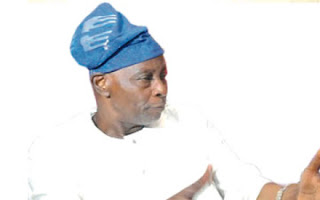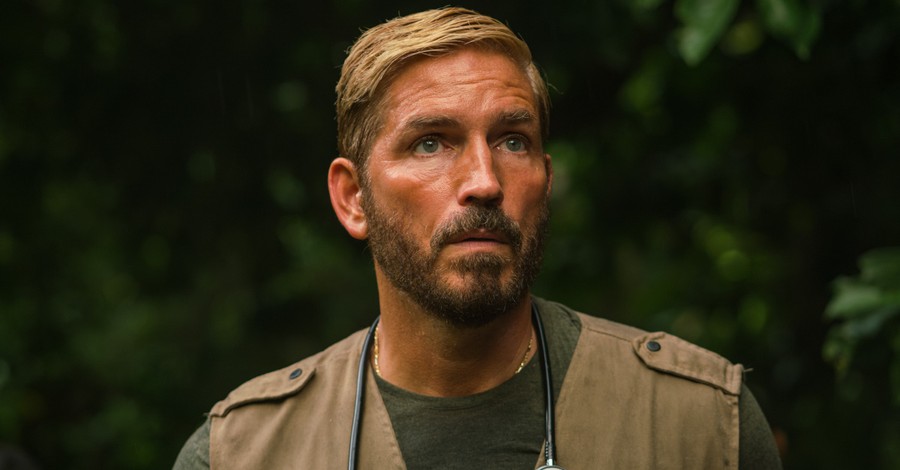Top Companies Are Far Outpacing Industry Growth
Ecommerce is expected to be a $2.5 trillion industry, and comprise close to 9% of total retail sales by 2018. However, the more impressive point is how the very top ecommerce companies are growing at a rate that dramatically outpaces this rapid industry-wide growth.RJMetrics recently released its 2015 Ecommerce Growth Benchmark Report, based on cross-industry data from hundreds of ecommerce companies around the world. What we learned was that the top quartile of companies dramatically outperform the lower three quartiles:

How do the top companies achieve this dramatic level of growth? We’ve identified three main growth drivers.
Three Main Drivers of Growth at Top Companies
Best-in-class ecommerce companies start with a product the market really wants, and then excel at acquisition and retention.Growth Driver #1: Product/Market Fit
How do you know if you have something the market actually wants? In addition to accelerated revenue growth right out of the gate, companies with great product/market fit acquire customers dramatically faster.
These companies also have a dramatically-higher number of orders, and most importantly, strikingly-higher customer loyalty:

Top companies are simply acquiring more valuable customers, more quickly, than the lower quartiles.
What You Can’t Get Wrong
#ecommgrowth From day 1 "Create a product and brand experience that customers love!"
— Vlad (@VladZachary) March 5, 2015
Make sure you lock down product/market fit from the get-go, and focus on making your brand customer-centric. Brands like Casper, Warby Parker, and BarkBox know their customers intimately and are super-focused on creating warm communities and frictionless buying experiences.
Growth Driver #2: Efficient Acquisition
Best-in-class companies acquire customers at a much faster rate than other companies, and they keep doing it as they grow.
One strategy behind this rapid customer acquisition is reliance on increasingly-powerful ad platforms. Facebook, in particular, is a game-changer for the industry not only because of its rapidly-evolving targeting abilities, but also because its image focus allows companies to grab customers’ attention – particularly as the mobile audience grows.

love it "don't just promote the product, promote the lifestyle" #ecommgrowth
— Danielle Carroll (@danircarroll) March 5, 2015
It used to be expensive and time-consuming to tell image-focused lifestyle stories, with companies spending millions of dollars on a campaign before knowing whether it was working.

Now, top companies drop $1,000 on a campaign, and then quickly test and iterate to figure out how to acquire the best customers.
Growth Driver #3: Customer Retention
Best-in-class companies are also much better at getting customers to come back.
While growth rates inevitably slow as a company grows, the secret sauce for keeping your company growing at best-in-class rates is great customer retention.

In the early days of fast customer acquisition, you may feel that you can afford to lose a few customers along the way. Don’t be fooled. Companies that rely heavily on acquisition for growth quickly find themselves in an expensive, leaky-bucket situation that makes it much harder to reach escape velocity.
How to Keep Your Customers Coming Back
Best in class companies often start niche, but are able to grow and scale without losing their core customer base.
Cos. like @NastyGal, @barkbox & @MeUndies started out targeting a very specific niche – a strategy a lot of ecomm cos. use. #ecommgrowth
— RJMetrics (@RJMetrics) March 5, 2015
They also keep their customers engaged by staying on top of the cultural conversation.

And remembering that their customers appreciate a personalized experience, available to them through multiple touchpoints.

Thrillist found that customers who engaged on multiple touchpoints – desktop, mobile, and mobile web – had a 64% higher LTV. And that brings us to…
The One KPI To Rule Them All
How do you combine the three growth drivers to get one key indicator to grow and improve your business?
RJMetrics benchmark data shows that top performers generate more total orders per customer, with a higher AOV. Multiply those two metrics together, and you see the overall impact:

How to Use CLV Proactively
You’ll get a very rich picture of what’s going on inside your business by using cohort analysis to see how your CLV is evolving and growing over time. Are you adding more quality customers? Are things getting better or worse?
Combining this information with ROI analysis of your marketing channels will help you make quick invest-or-kill decisions to make sure your marketing dollars are pulling in the best customers.

These analyses are core to JackThreads’ marketing strategy. They make quick decisions based on early quality indicators, tied back to acquisition source, allowing them to pull unsuccessful campaigns within days. This way, they never find out too late that they’ve acquired a bunch of customers who aren’t purchasing.
Using Data to Grow Smarter
Our presenters covered tons of information during this webinar. If you want to continue exploring some of the growth strategies they mentioned, here are some helpful links:- RJMetrics 2015 ecommerce benchmark report
- On product/market fit for startups by Marc Andreessen
- 13 ideas for running smarter retargeting campaigns via HubSpot
- A whitepaper on how to calculate your ROI correctly based on CLV










